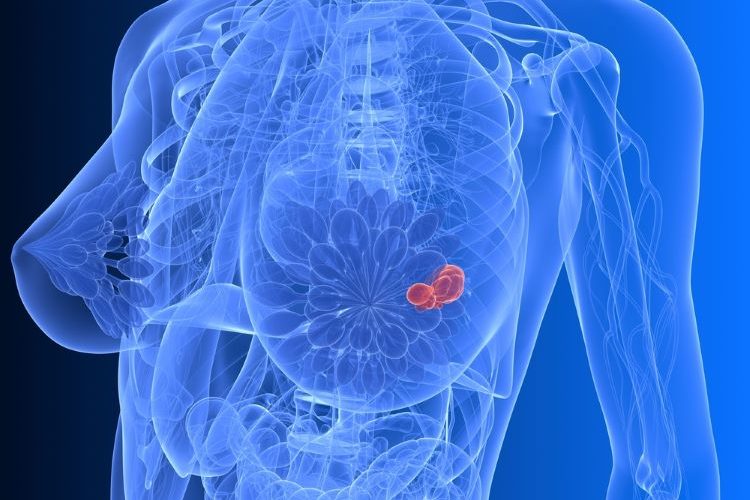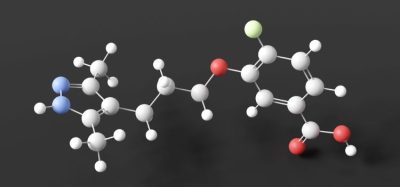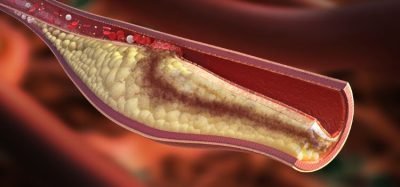MHRA authorisation is first endocrine therapy innovation in decades
Posted: 3 January 2024 | Catherine Eckford (European Pharmaceutical Review) | No comments yet
A new breast cancer treatment that reduced the risk of progression or death by 45 percent compared to standard of care in a Phase III trial, has been authorised by the UK Medicines & Healthcare products Regulatory Agency (MHRA).


Korserdu® (elacestrant) is the first treatment indicated for ER+, HER2- advanced or metastatic breast cancer tumours with ESR1 mutations. The endocrine therapy has been granted a marketing authorisation by the UK Medicines & Healthcare products Regulatory Agency (MHRA).
This represents the first endocrine therapy innovation in nearly 20 years.
The small molecule treatment is authorised for postmenopausal women, and men, with oestrogen receptor (ER)-positive, HER2-negative, locally advanced or metastatic breast cancer (mBC) with an activating ESR1 mutation who have disease progression following at least one line of endocrine therapy including a CDK 4/6 inhibitor.
Menarini Stemline UK highlighted that ESR1 mutations are acquired mutations that develop due to exposure to endocrine therapy. These mutations are known to drive resistance to standard endocrine therapy. Historically, tumours with these mutations have been more difficult to treat. However, Korserdu offers an option for patients with this form of the disease.
A new option for breast cancer with ESR1 mutations
“Up to 40 percent of the people living with ER+ HER2- metastatic breast cancer will develop ESR1 mutations at some point,” noted Professor David Miles, Professor of Medical Oncology at Mount Vernon Cancer Centre.
Data supporting MHRA’s authorisation of Korserdu (elacestrant)
Data from the Phase III EMERALD trial was published in the ASCO Journal of Clinical Oncology. In the study, elacestrant was evaluated as second- or third-line monotherapy in ER+, HER2- advanced/metastatic breast cancer patients.
[In the Phase III trial, Korserdu® (elacestrant)] reduced the risk of progression or death by 45 percent compared to standard of care”
For the group of patients whose tumours had ESR1 mutations, elacestrant was shown to enable a median progression-free survival of 3.8 months versus 1.9 months on the standard of care. The treatment also reduced the risk of progression or death by 45 percent compared to standard of care.
“… we are proud of delivering a new breast cancer treatment which represents a major advance in endocrine therapy in a once daily pill,” declared Rick Coope, General Manager at Menarini Stemline U.K..
This novel approval follows the European Medicines Agency (EMA)’s recent marketing authorisation for elacestrant under the brand name Orserdu.
Related topics
Anti-Cancer Therapeutics, Biopharmaceuticals, Clinical Development, Clinical Trials, Data Analysis, Drug Development, Drug Markets, Drug Safety, Regulation & Legislation, Research & Development (R&D), Therapeutics
Related organisations
Medicine and Healthcare products Regulatory Agency (MHRA), Menarini Group, Menarini Stemline UK









